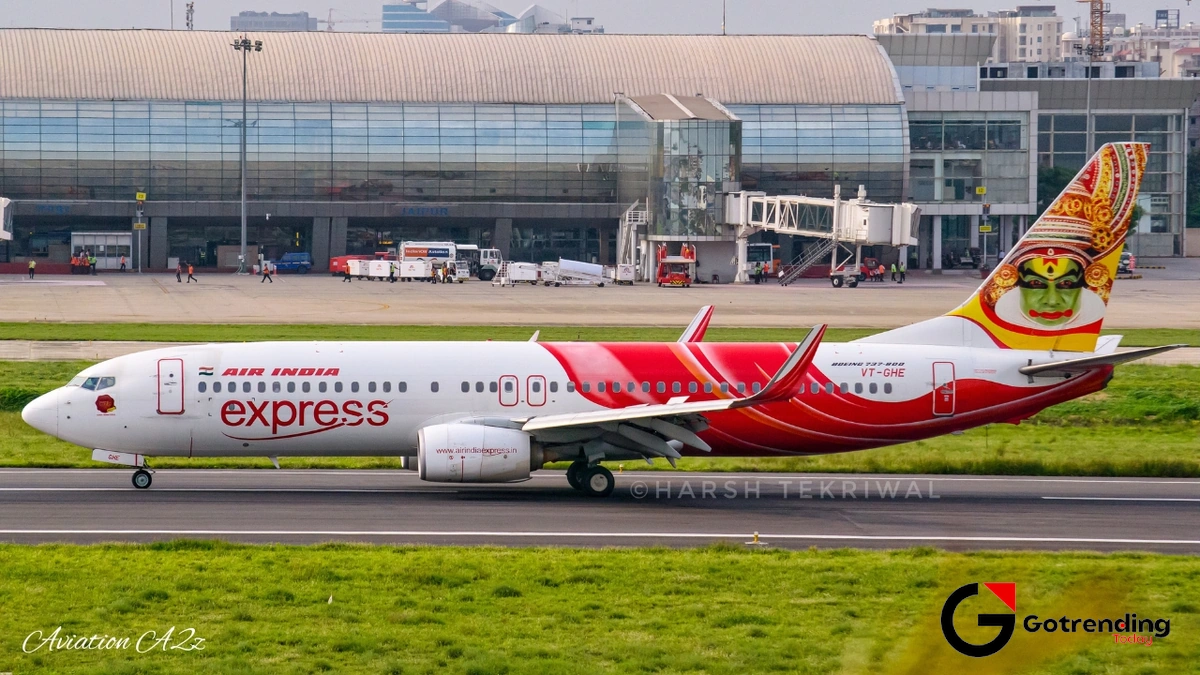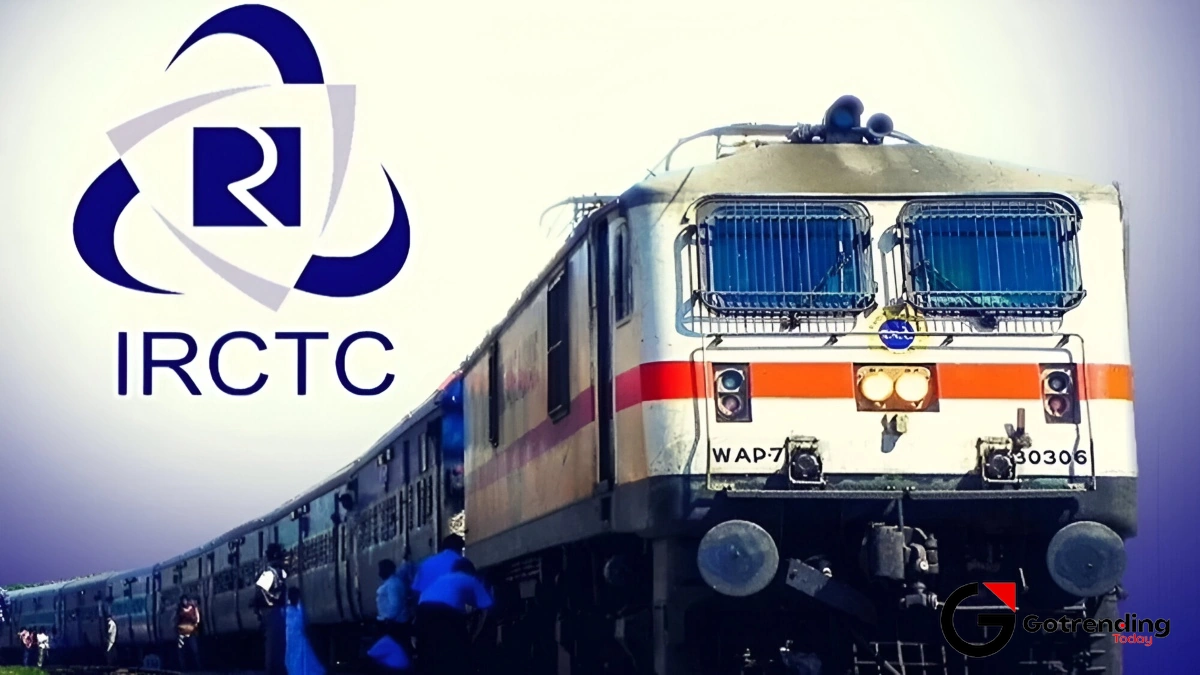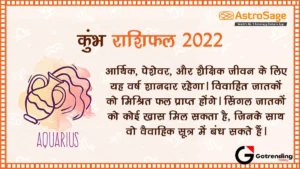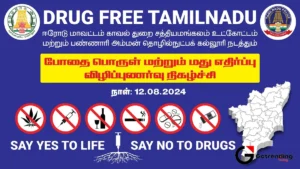The Air India Express Meltdown | What It Really Tells Us About Tata’s Grand Aviation Dream
Let’s be honest. When you first heard the news, you probably thought it was just another airline hiccup. A hundred or so Air India Express flights cancelled. Thousands of passengers stranded, staring at departure boards blinking red. The official reason? A “mass sick leave” by cabin crew. It sounds straightforward, almost mundane.
But this isn’t just a story about a few dozen disgruntled employees calling in sick. Oh no. This is much, much bigger.
What we’re witnessing is the first major, public crack in the glittering facade of the Tata Group’s monumental aviation project. It’s a raw, human drama playing out at 30,000 feet, and it reveals the messy, complicated, and deeply personal challenges of trying to build an airline empire. This isn’t just about flight schedules; it’s about culture, ambition, and the ghost of mergers past. So grab your coffee, let’s sit down and unpack what’s really going on behind the scenes at airindiaexpress .
So, What Exactly Lit the Fuse?
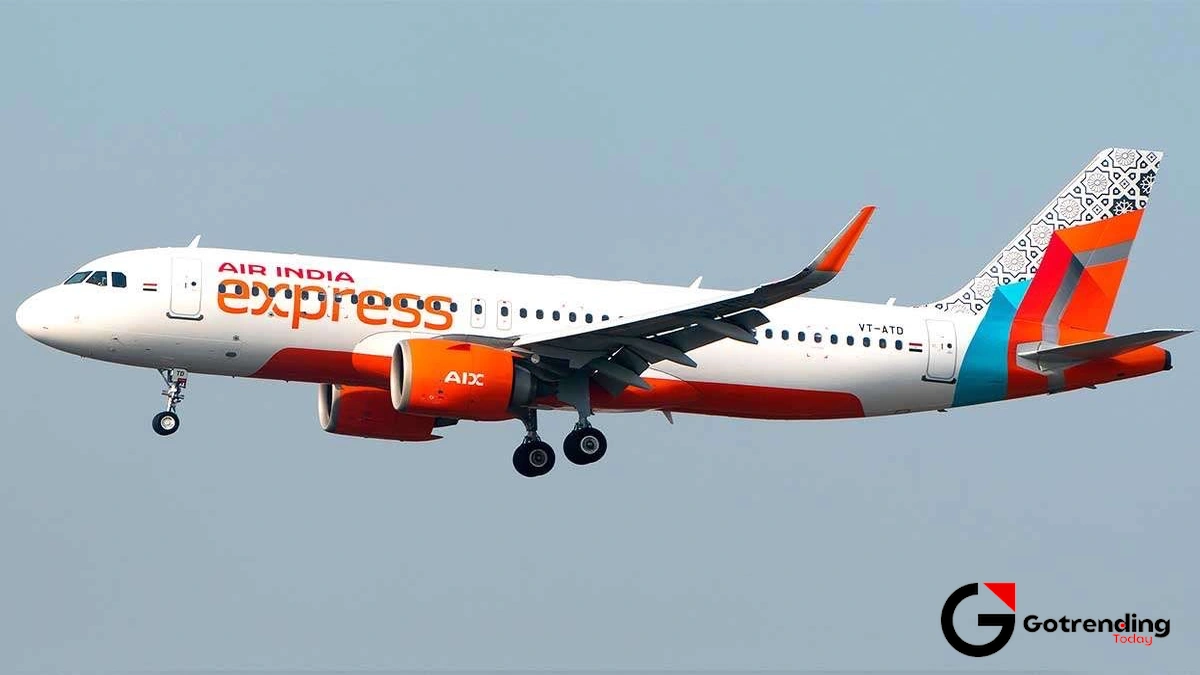
The “mass sick leave” wasn’t a random event. It was, as the airline’s management itself called it, a “premeditated and concerted” action. Think of it less as a flu outbreak and more as a digital-age protest, coordinated via text messages and sheer frustration. But frustration about what?
At the heart of it all is the ongoing merger of Air India Express with AIX Connect (formerly AirAsia India). On paper, it’s a brilliant move by the Tata Group : combine two low-cost carriers to create one massive, efficient behemoth that can truly compete with IndiGo. Simple, right?
Well, here’s the thing about mergers: they aren’t just about combining planes and routes. They’re about combining people. And the people at Air India Express feel they’re getting a raw deal. The cabin crew union has been vocal, pointing to a slew of grievances:
- Unfair Treatment: Crew members from the legacy Air India Express feel that experienced staff are being sidelined in favour of those from the AirAsia India side. Job assignments, they claim, are being handed out without considering seniority or merit.
- Stagnant Careers: Imagine being promised a promotion or a senior role, only to see it given to someone newer from the other company. That’s the core of the anger—a perceived glass ceiling for the original AIE staff.
- Mismanagement and Broken Promises: The union has alleged a “blatant violation” of labour laws and a complete breakdown in communication. They feel their concerns, raised for months, have been utterly ignored by the management led by CEO Aloke Singh.
This isn’t just about salaries. It’s about dignity, respect, and a future. When you strip everything away, this protest is a desperate cry to be heard by a workforce that feels it’s being erased in the blueprint of a new corporate giant.
The Ghost in the Machine | Why Merging Airlines Is a Human-Sized Nightmare
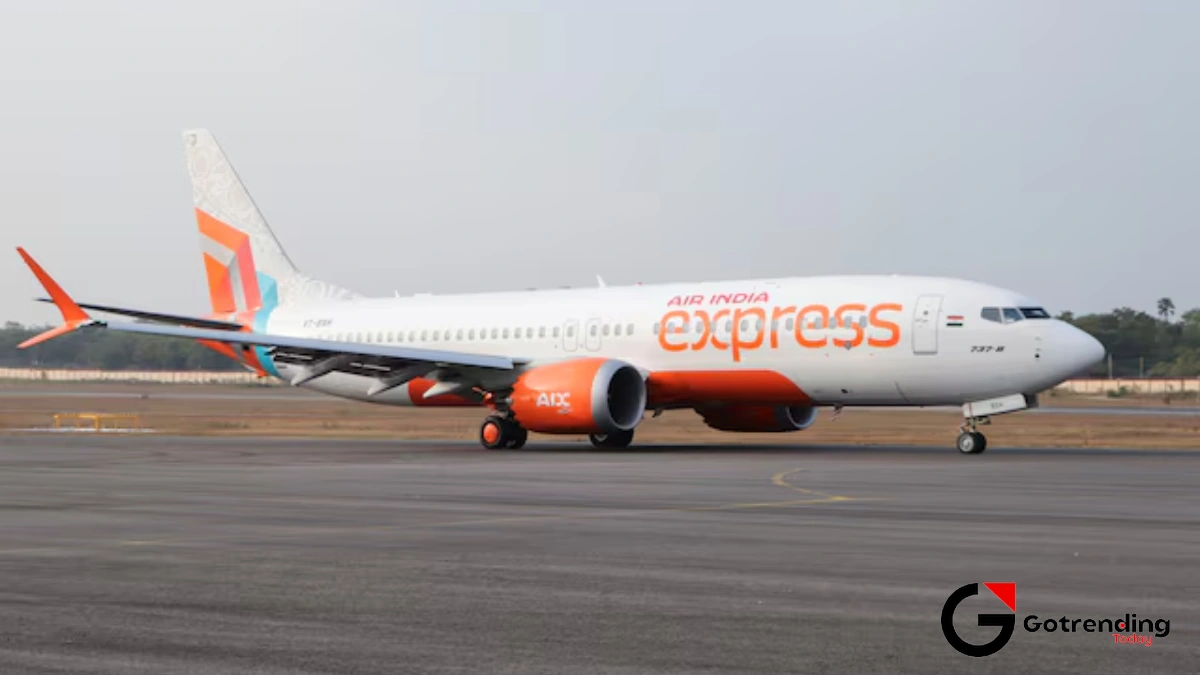
What fascinates me is how this entire episode feels like a painful echo from Indian aviation history. Anyone remember the disastrous merger of Air India and Indian Airlines back in 2007? It created a toxic “us vs. them” culture that plagued the airline for well over a decade, leading to operational chaos and massive losses. The root cause was the same: a failure to integrate human resources.
Now, the Tata Group, one of India’s most respected conglomerates, finds itself wrestling with the very same demon.
Merging Air India Express with AirAsia India is uniquely tricky. You have two distinct corporate cultures:
- Air India Express: A legacy public-sector undertaking (PSU) culture. A bit slower, perhaps, but with deeply entrenched systems of seniority and hierarchy.
- AirAsia India: A classic private-sector, aggressive, low-cost carrier culture. Younger, perhaps more dynamic, but with its own way of doing things.
Trying to blend these two is like trying to mix oil and water. Who gets to be senior cabin crew? Whose training manual is considered the standard? Whose rostering software gets used? These aren’t minor details; they are the battlegrounds where corporate identity and individual careers are won and lost. The current air india express news is a direct result of these battles spilling out into the open.
What we’re seeing is that you can have the best strategy, the shiniest new planes, and the most ambitious growth plan in the world, but if you can’t get the people in the room to trust each other, it all falls apart. The human element is not a bug in the system; it is the system.
Tata’s Grand Plan vs. The Unpredictable Human Element
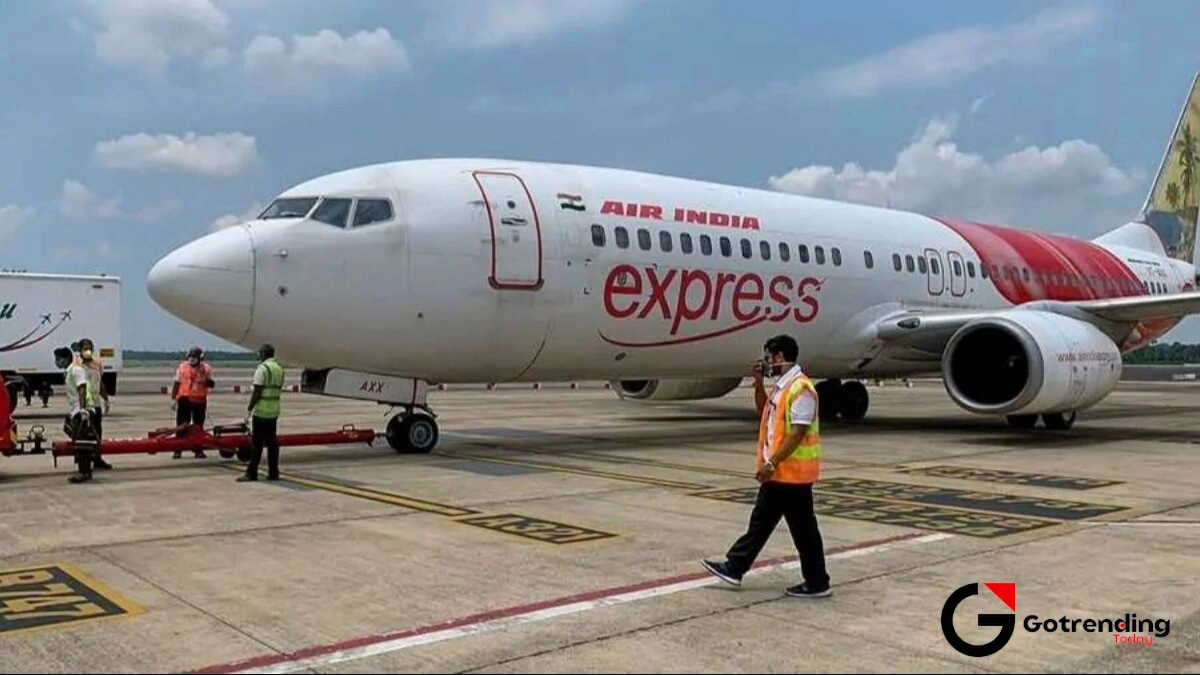
The Tata Group’s vision is breathtakingly ambitious. The plan is to consolidate four airlines into two powerhouses: a full-service carrier (by merging Vistara into Air India) and a low-cost carrier (this very merger). It’s a strategy aimed at dominating both ends of the market.
But the company’s response to this crisis has been a revealing test. Initially, the management took a hardline stance: an ultimatum to return to work, followed by termination letters for some of the protesting crew. While this might look like decisive leadership, it can also be seen as pouring fuel on the fire. It signals a failure to listen before the situation exploded.
A successful merger isn’t an acquisition of assets; it’s a negotiation of anxieties. The anxiety of “Will I lose my job?” The anxiety of “Will my 10 years of service mean nothing?” The anxiety of “Will this new management respect my experience?”
The air india express cabin crew strike shows that these anxieties were not adequately addressed. The challenge for the Tatas now is to pivot from being managers to becoming mediators. The success of their entire aviation project worth billions of dollars and national prestige may very well depend on their ability to master the soft skills of empathy and communication, not just the hard skills of finance and logistics. For all the travel disruptions, you can learn some neat tricks to plan better, maybe even try some IRCTC booking tricks for your train journeys instead.
What This Means for You, the Passenger

Okay, let’s bring this back to you. The immediate impact is obvious and painful: cancelled flights, ruined holidays, missed business meetings, and the frantic scramble for refunds or alternative travel. If your flight cancellations india experience has been nightmarish, you have every right to be angry.
But the long-term implications are what we should really be watching.
First, stability. India’s aviation watchdog, the DGCA , is rightly scrutinizing the airline for the mass cancellations. An unhappy, overworked, and anxious crew is not just an HR problem; it can become a safety concern if not addressed properly. You, as a passenger, need to have faith that the crew operating your flight is focused and well-supported.
Second, fares. In the short term, with nearly 100 planes of the combined entity, taking a chunk of that capacity out of the sky inevitably puts pressure on ticket prices across the board. Fewer seats, same demand it’s simple economics.
But here is the silver lining, the light at the end of this very turbulent tunnel. If and it’s a big if the Tata Group can navigate this crisis with wisdom, learn from it, and genuinely integrate their teams, the end result will be a formidable, reliable, and competitive low-cost airline. The airline that emerges from this fire could be stronger and more resilient. This is the painful, messy process of creating something new. This chaos could be the prelude to a better, more stable flying experience for all of us in the future. Or it could be a warning sign of deeper troubles to come. Only time will tell.
Frequently Asked Questions (FAQs)
What is the core issue behind the Air India Express protest?
The main issue stems from the merger with AIX Connect (formerly AirAsia India). Legacy Air India Express cabin crew allege unfair treatment, lack of seniority recognition, and mismanagement in the new, integrated structure, leading to feelings of being sidelined.
Are my future bookings with Air India Express safe?
While the airline is working to restore its full schedule, some level of disruption may continue in the short term. It’s crucial to check your flight status directly with the airline 24-48 hours before your travel date. The situation is dynamic, but the goal is to stabilize operations as quickly as possible.
Why is merging two airlines so difficult?
Merging airlines involves more than just painting planes with the same logo. It requires integrating vastly different work cultures, IT systems, operating procedures, and, most critically, human resource policies like seniority lists and pay scales. Getting this “human integration” wrong is what often leads to conflicts.
What are my rights if my flight gets cancelled by the airline?
As per DGCA regulations in India, if your flight is cancelled, you are generally entitled to either a full refund or an alternative flight at no extra cost. Air India Express has publicly committed to offering full refunds or complimentary rescheduling for affected passengers.
Will this event impact the Tata Group’s other airlines?
Directly, no. Vistara and Air India operate independently for now. However, this crisis serves as a major lesson for the upcoming, and far more complex, merger between Air India and Vistara. The entire group is likely watching this very closely to avoid repeating the same mistakes.
As you plan your next trip, perhaps a journey to a less-travelled destination might be in order, somewhere like Laos, Asia’s best-kept secret , could be a great escape from the usual hustle.
Ultimately, the story of the Air India Express meltdown is not just another piece of business news. It’s a deeply human story about change, fear, and the search for fairness. It’s a real-world stress test of a corporate giant’s biggest bet. The planes and the balance sheets are the easy part. The real work, the real challenge, is in the hearts and minds of the thousands of employees who are being asked to build a new future together. How Tata manages that will define the future of Indian skies.
